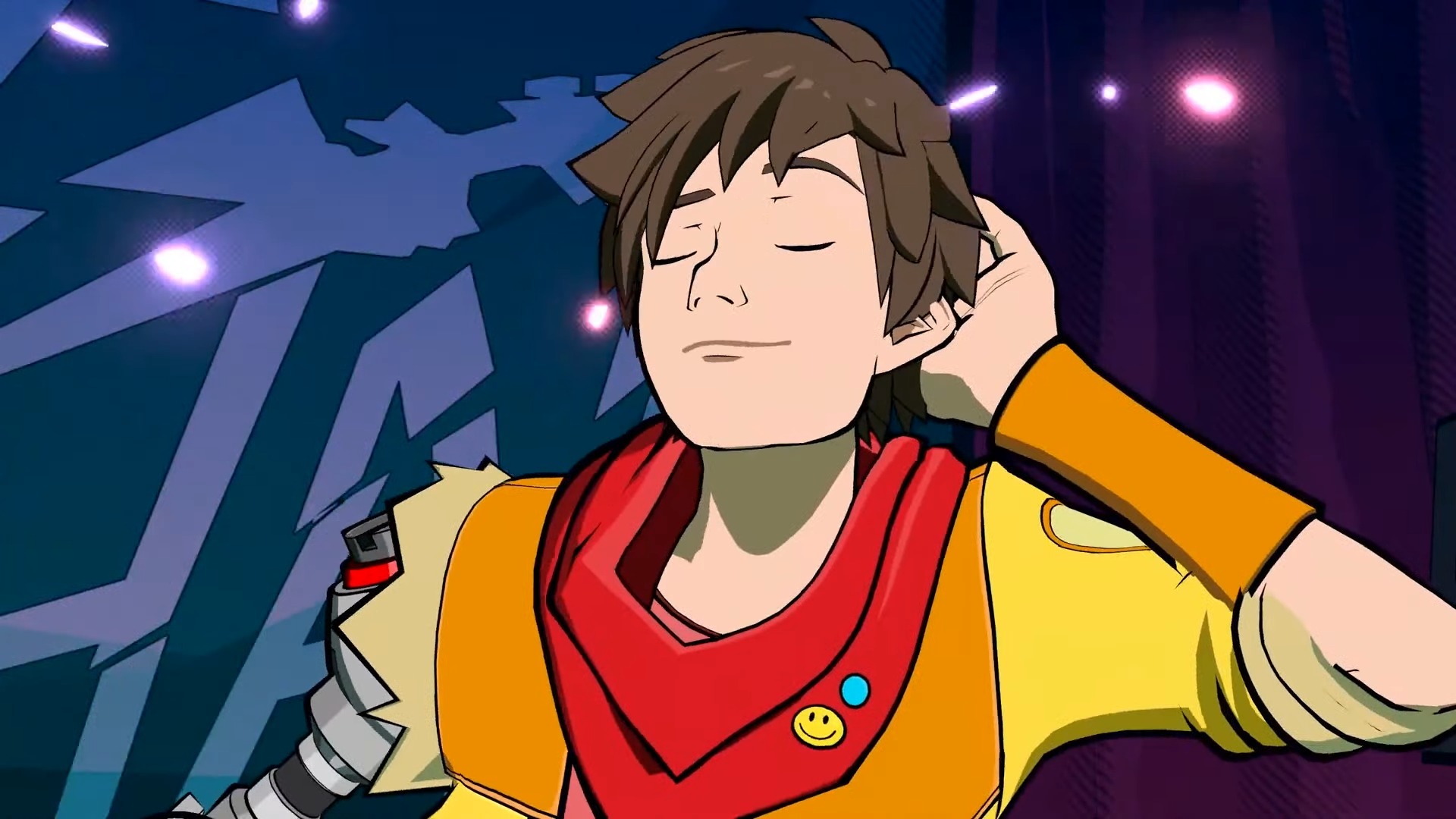
When Microsoft shut down The Evil Within studio Tango Gameworks in June, fans mourned the loss of potential. It turns out, they had good reason to. At the time of its closure, Tango was six months into production on Hi-Fi Rush 2.
If that doesn't break your heart, try this: when Xbox abandoned it, Tango was also working on anniversary content for The Evil Within, the studio's anxious survival horror hell from 2014. But the glitzy, action rhythm game Hi-Fi Rush is what ultimately saved Tango from complete dissolution; new parent company Krafton discussed details of its IP acquisition in a recent interview with GamesIndustry.Biz.
"I knew [Tango was] working on Hi-Fi Rush 2 when we started talking," says Krafton head of corporate development Maria Park. "We thought we could carry on that legacy and offer more creative ways to keep the game updated.
"I think the build that we looked at was about six months old when we went to meet with them," she continues. She also notes that, while Tango was also creating fresh The Evil Within content, Krafton "didn't want to push too far" while negotiating with Microsoft. At the moment, Microsoft owns both The Evil Within and Ghostwire, Tango's creepy open-world adventure from 2022.
Those franchises might be on ice for now, but Krafton, at least, seems confident about broadening Hi-Fi Rush's legacy with a sequel. "Our key pillars are innovation, creativity, and scale-up," Park says. But Tango will operate with some autonomy, and it's already using that independence to deliver what seems like a fascinating Hi-Fi Rush 2.
Tango wants "to make sure [Hi-Fi Rush 2] surpasses the expectations of the existing fans," Park says. "I don't think it's going to be completely open-world, but a more dynamic environment [that] you play in. Also, having more advanced technology applied to the rhythm action so that it feels more synchronized."
"I think [they] want to work on Hi-Fi Rush DLC [too] because they are dedicated to ensuring that Hi-Fi Rush 2 upholds high standards of quality," she continues. So now you know — like a flower in a parking lot, creativity can survive anything, even Microsoft.







